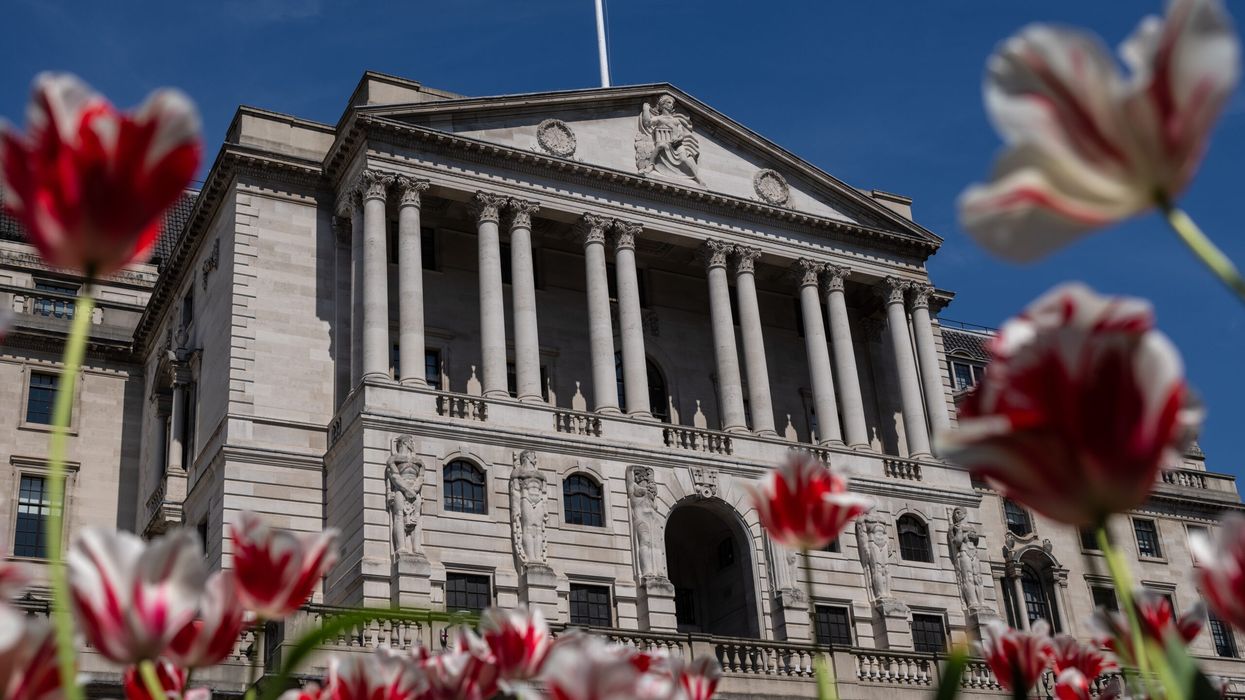THE BANK OF ENGLAND (BoE) is expected to lower its key interest rate to 4 per cent from 4.25 per cent on Thursday and to make another cut before the end of the year. This comes as consumer price inflation rose close to double the central bank’s 2 per cent target in June.
Policymakers are divided over whether underlying price pressures are easing and if a slowing labour market and weak growth will cause inflation to fall below target in the medium term without further rate cuts.
UK's inflation rose more than in the euro zone or the United States after Russia’s invasion of Ukraine in 2022, peaking at 11.1 per cent due to heavy reliance on natural gas. Inflation dropped sharply in 2023, reaching a low of 1.7 per cent in September 2024. It has since risen more than in the United States or euro zone. In May, the BoE projected inflation would return to target only by early 2027. Inflation climbed to 3.6 per cent in June, the highest since January 2024, and some economists expect it to reach 4 per cent soon.
The European Central Bank expects euro zone inflation to remain just below 2 per cent.
BoE officials monitor surveys of businesses and households for inflation expectations as indicators of future price rises and wage demands. These measures have risen over the past year. The Citi/YouGov long-term expectations index is near its highest since late 2022, while the BoE’s survey is at its highest since 2019. Some officials, however, view these surveys as reflecting recent inflation rather than predicting future trends.
While headline consumer inflation fell in 2023 before rising again, services price inflation – influenced by labour costs – and core CPI, which excludes volatile items, have stayed higher than headline inflation. Food and drink inflation, which affects public perception and impacts poorer households significantly, has also risen rapidly.
Private-sector regular wage growth, just under 5 per cent annually, has slowed from over 8 per cent two years ago but remains about 2 percentage points above pre-pandemic levels and higher than the roughly 3 per cent seen as consistent with 2 per cent inflation. The BoE and employers expect pay growth to slow towards 3 per cent over the next 18 months, easing inflationary pressure. However, the decline in wage growth has been uneven, and rising unemployment and fewer vacancies do not guarantee a rapid slowdown.
Purchasing Managers’ Index data for July showed British businesses continued to raise prices at what S&P Global described as a “robust pace.” Although price increases are below 2022 levels, they remain higher than before the pandemic. Over the past year, costs for services and manufacturing businesses have risen sharply, potentially leading to higher consumer prices if passed on.
(With inputs from Reuters)





